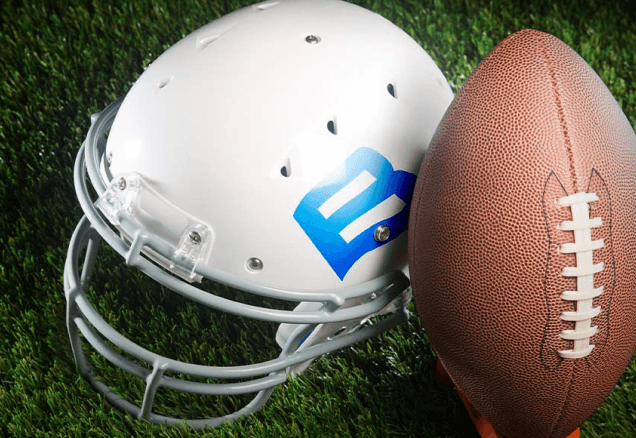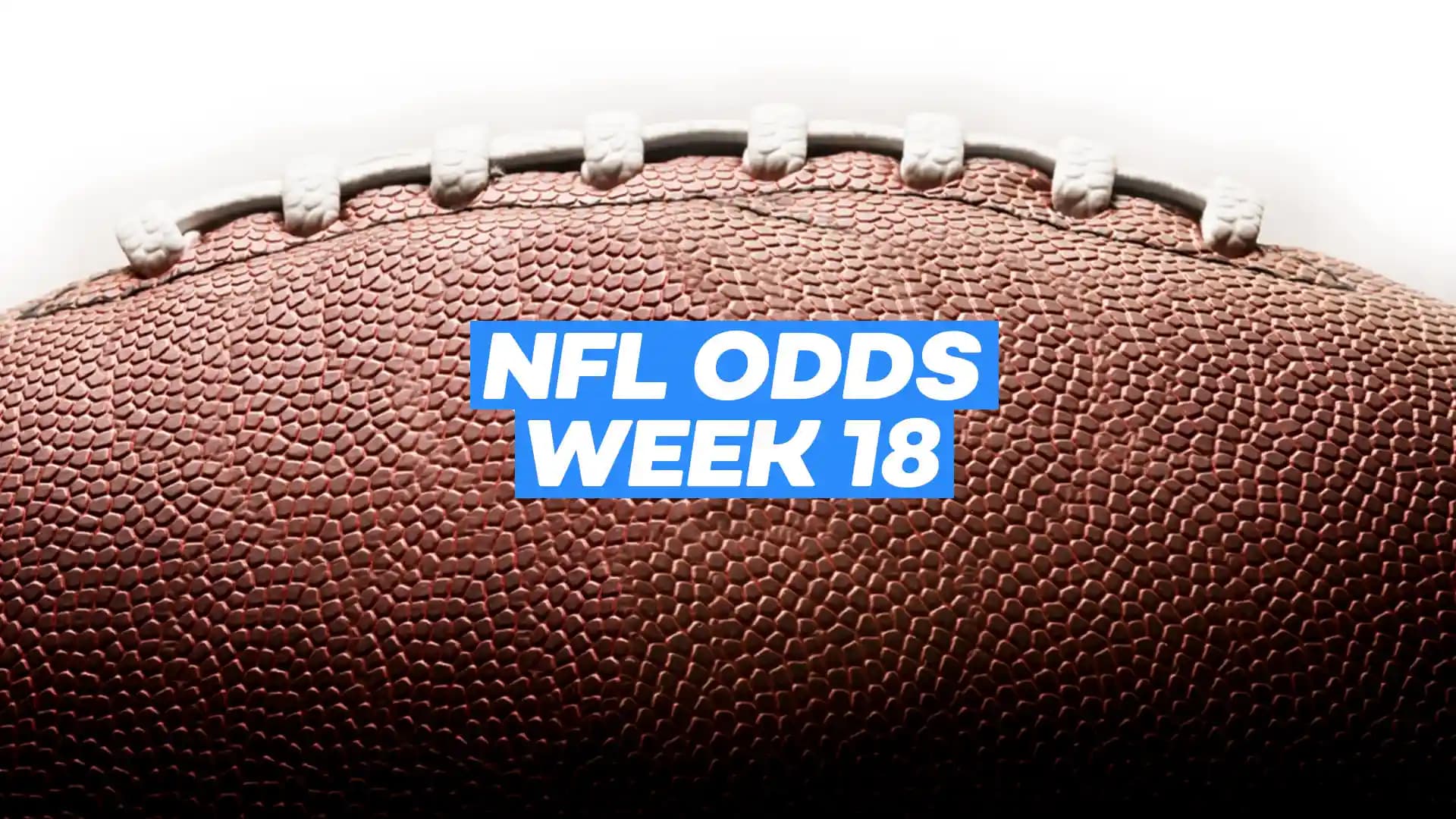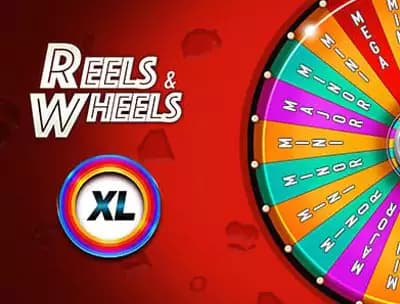CASINO
Enjoy all the latest casino games available at Bovada: Slots, Blackjack, Roulette and more.

Bovada – Your trusted source for gaming entertainment
- We’ve been the trusted source for gaming entertainment for players across the years for over 10 years. Place bets in our feature-rich sportsbook and racebook, face competition in our poker room or hang out in our casino. Players come for fun, players come to win; players come to elevate their game.

Big Winners

BOVADA'S DISCORD IS HERE
Join Bovada’s Discord to enjoy exclusive promotions, contests and rewards!
JOIN NOWREFER AND EARN UP TO $475!
Invite your friends and cash in together! Get a $200 referral for Sports & Casino play, plus an extra $200 just for Poker. If your friends deposit with crypto you can grab an additional $75 bonus on top! The more friends you refer, the more rewards you score — there's no limit!


















